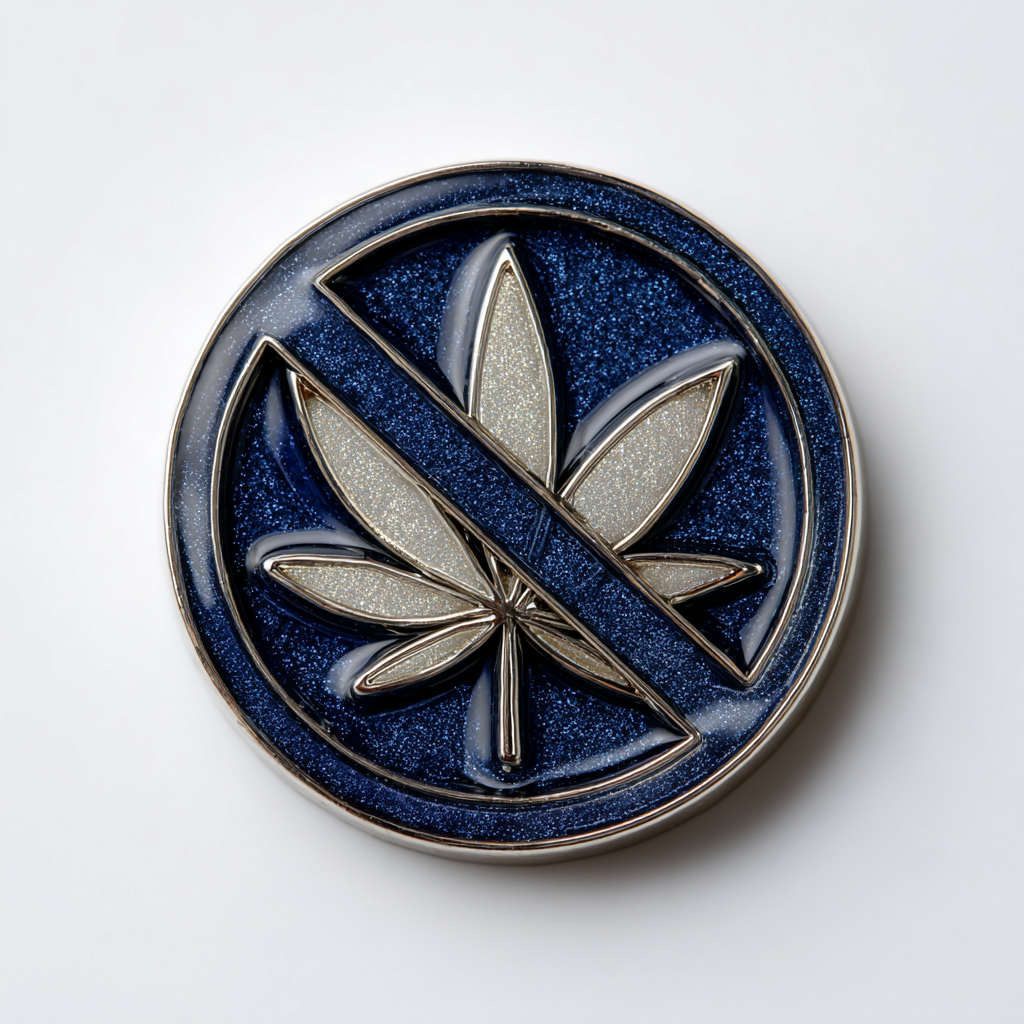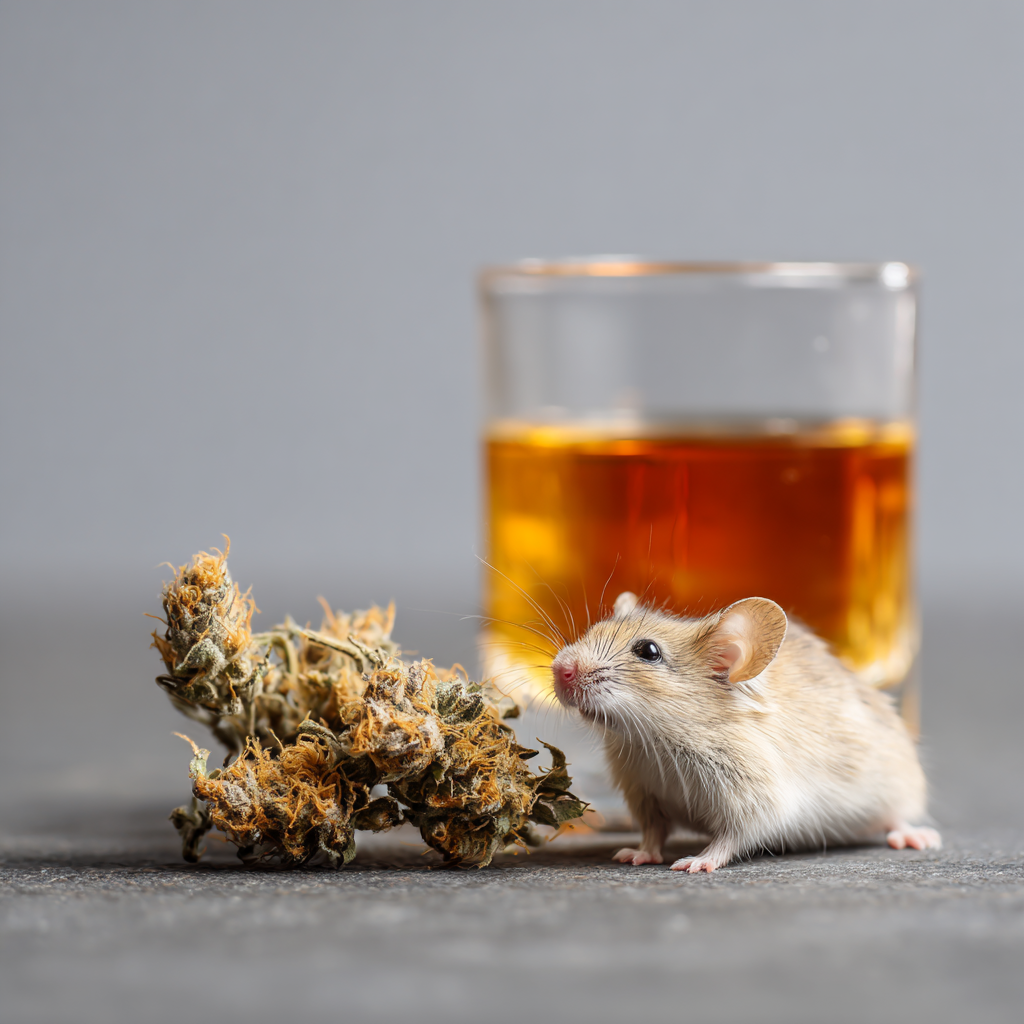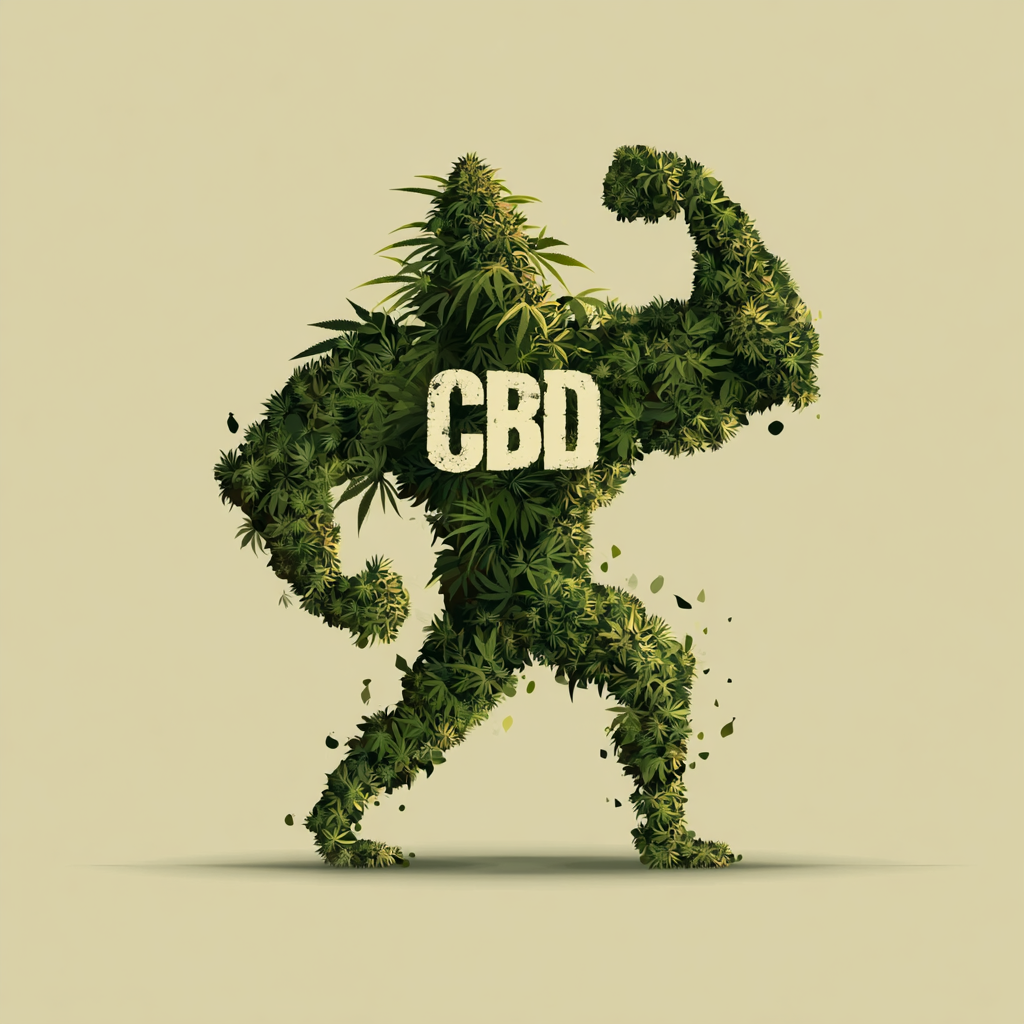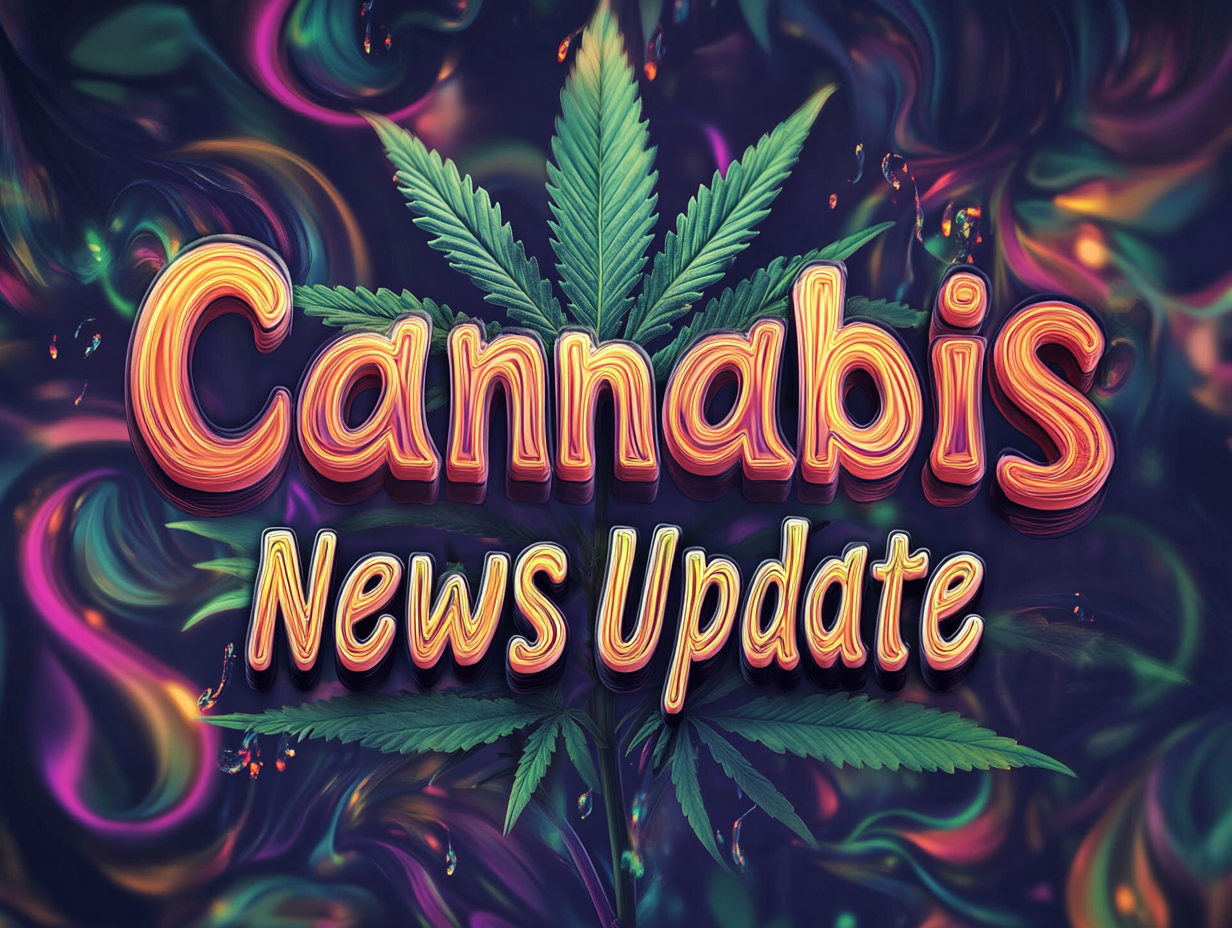Shadow Bans and Censorship! Cannabis Advocates Call Out Facebook

In an open letter, groups such as Students for Sensible Drug Policy, NORML, the Marijuana Policy Project, and the Drug Policy Alliance state that Meta’s platforms continue to censor educational, medical, and advocacy information regarding cannabis even though they remain in compliance with local law.
A coalition of around 100 drug policy and cannabis groups have come together to call upon the parent company of Facebook, Instagram, and Threads, Meta, to stop what they describe as ongoing shadowbanning and censorship of cannabis content.
This is not new. The same issues were raised to a 2018 National Cannabis Industry Association petition. While there have been some short-term changes made, activists say suppression now occurs in less blatant forms, such as decreased visibility and banned hashtags.
Even individual creators are not spared. Cannabis cartoonist Brian “Box” Brown has seen his work get flagged, even though he is not merchandising anything.
He and fellow activists term the status precarious—better than it previously was but still limiting the extent of legal and educational cannabis material. Influencers have quit Meta platforms entirely after a page or post was removed without warning.
Meta’s policies have been designed to prevent promotion of illegal drug sales, it contends.
Others, however, contend the moderation policy is too general and suppresses valuable speech, by medical cannabis users, war veterans, scientists, and reformers.
Because cannabis policy is evolving rapidly around the U.S. and globally, the coalition is urging Meta to create more thoughtful, more transparent moderation policies that account for the legal and cultural position of cannabis in the present moment.
Source: marijuanamoment.com
Cannabidiol Curbs Binge Drinking in Mice

Preclinical research article in the British Journal of Pharmacology shows that cannabidiol (CBD), one of the non-psychoactive cannabinoids in cannabis, reduces binge drinking in mice.
CBD induced dose-dependent, statistically significant reductions in ethanol consumption, but not in water consumption, with selective effects on alcohol-related behaviors.
Using appropriately characterized animal models of binge drinking, where mice will voluntarily self-administer alcohol under limited periods of access, researchers gave mice escalating doses of CBD. They discovered that higher doses had greater suppression of alcohol intake with a clear dose-response effect.
Specifically, the CBD-treated mice were not sedated or motor-impaired, meaning that its effect was specific to the decrease in drinking alcohol and not in the suppression of behavior generally.
Mechanistic research provides an understanding of how the CBD effect might be mediated by the activity of a novel molecular target—perhaps the endocannabinoid or serotonergic systems—outside of typical anti-addiction mechanisms. This is very promising new territory for alcohol related therapies based on CBD’s unique pharmacological profile.
These results are important as there are limited medications for alcohol use disorder available today, and they have limited efficacy.
The favorable safety profile of CBD and the specific efficacy at lowering the excessive alcohol consumption in these mice show that it is therapeutically promising. They suggest more be done to determine the precise molecular mechanisms and whether the promising results can be applied to human patients.
Source: wiley.com
Approximately 24 million people in Europe have used cannabis over the past year.

According to a new report of the European Union Drugs Agency (EUDA), it is estimated that 24 million adult Europeans consumed cannabis during the past year.
Among these, 4.6 million report that they consume it daily. These are some of the findings of the European Drug Report 2025 based on annual surveys across the EU member states in 2024 bolstered with data from Norway and Turkey.
The most prevalent illicit drug across the continent is that of cannabis, Europe’s most popular illicit recreational drug even though it is prohibited illegally in most countries. The second most consumed illicit drug is discovered to be cocaine.
The figures show that a total of 8.4% of European adults between the ages of 15 and 64 years have consumed cannabis over the past 12 months.
The lifetime prevalence is considerably higher in other countries. The top country is France at 50.4% of adults between the ages of 15 and 65 years who have consumed cannabis throughout their lives. Spain is second at 43.7%, then Italy at 34.8%.
Apart from use prevalence rates, the report touches on more general issues such as youth drug use, harm reduction, shifting trade profiles, and legal trends.
The report shows growing normalization of cannabis consumption in European populations, and ongoing controversy over legalization, decriminalization, and the public health response.
Source: europa.eu
THC’s Metabolite May Be Even Stronger Than THC

One recent research found that a chemical your body produces after you’ve consumed THC—a chemical called 11-hydroxy-THC—is even more powerful than THC itself.
This is especially relevant to those cannabis users who consume it (i.e., edibles), as more THC is converted into 11-hydroxy-THC in the body when consumed this way.
Scientists gave mice THC or 11-hydroxy-THC in a number of different ways (intraperitoneal injection and oral). They compared the effects of the drug on the pain, heat sensitivity, and activity of the animals. They also examined the blood levels of each drug as well as the length of action of each drug.
The results proved that the 11-hydroxy-THC was more effective than THC at reducing pain, and almost as effective as THC at reducing movement (the numerical measure of how “stoned” the mice were). In fact, it was a full 1.5 times as effective as THC in one of the pain tests.
What is being referred to here is that the intense high individuals experience from edibles is likely the result more of 11-hydroxy-THC rather than of THC itself. While THC is the most active ingredient of cannabis, this study indicates that its metabolite is also chiefly responsible for .
Understanding the way that 11-hydroxy-THC works can be used to enable doctors and researchers to identify better and safer methods to use cannabis, especially for medical applications. It also explains why edibles sometimes produce a more intense or different effect than smoking.
Source: nih.gov
CBD Shows Promise in Fighting Liver Cancer

A recent scientific review has established that cannabidiol (CBD), a non-psychoactive cannabinoid within cannabis, can serve as an extremely effective therapy for liver cancer, specifically a prevalent form named hepatocellular carcinoma (HCC).
The researchers reviewed some 16 studies from lab experiments, animal models, to preliminary reports in clinical trials. CBD can fight cancer in many ways, the researchers suggest. It can aid in the apoptosis (death) of liver cancer cells, suppress tumour growth, suppress the migration of cancer cells, and augment other chemotherapy agents like sorafenib and cabozantinib.
CBD appears to affect a variety of biological systems, other than the better-known cannabinoid receptors (CB1 and CB2). It affects other targets like TRPV1 and PPARγ, which are associated with cell death regulation, immune system, and inflammation.
Certain studies in the lab even suggest that CBD is able to overcome drug resistance, which itself is one of the issues with cancer drug treatment.
The majority of the positive results to this point have come from animal and cell studies. Only a few trials have been conducted in humans, and so scientists do not yet know what the best dose is, or how safe CBD is in human liver disease patients.
CBD has shown very promising potential as an adjuvant therapy for cancer of the liver, but further clinical research must be done before it can be established as a valid part of treatment.
Other data shows that general cannabis use causes a reduction in liver cancer risk.
Source: biomedcentral.com


